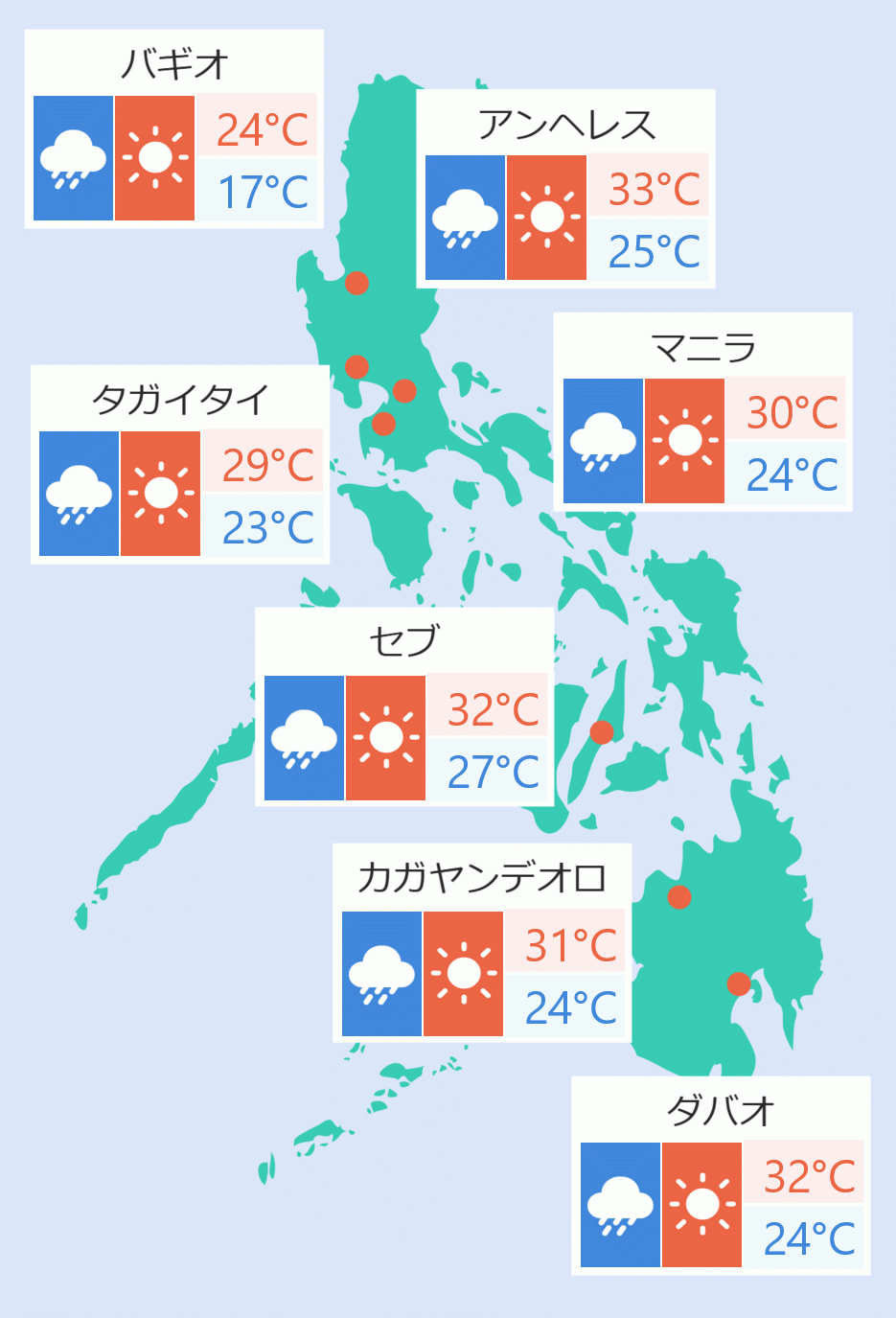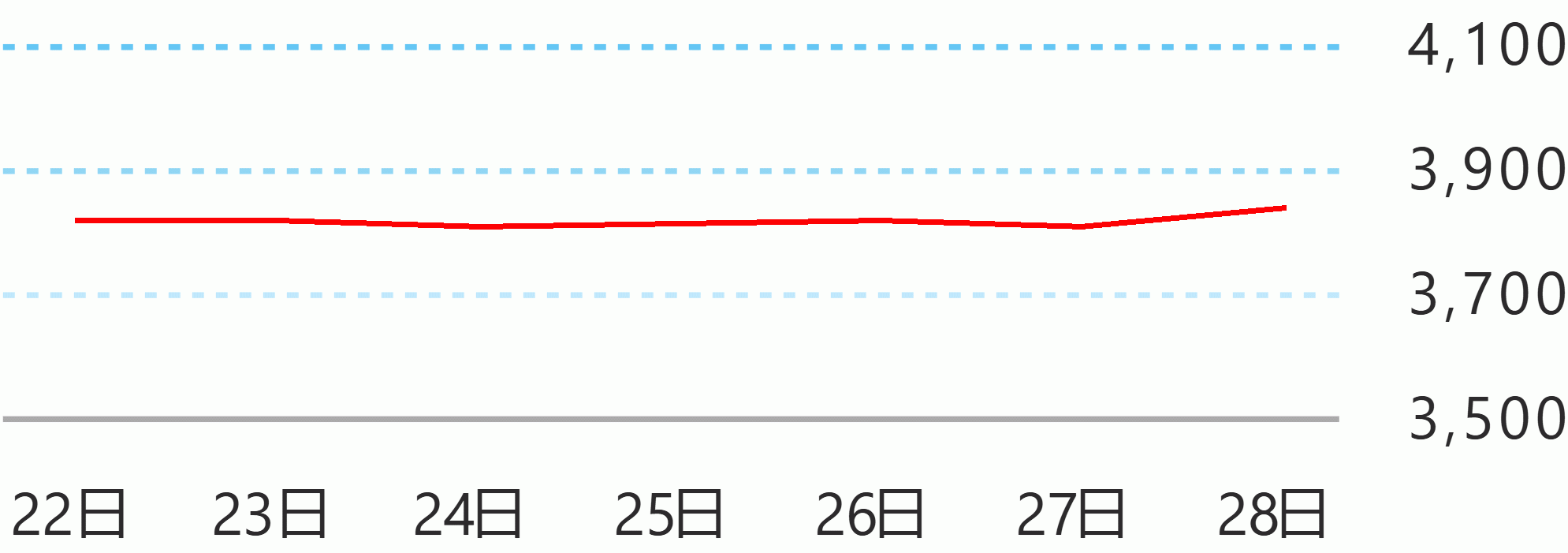Apartment and other real property rentals of P10,000 and below will remain VAT-free while those leasing out condos and other housing units whose gross sales of receipts fall under the three million peso VAT threshold will also be exempt from this tax under the first package of the Comprehensive Tax Reform Program (CTRP), according to the Department of Finance (DOF) in a statement on Friday. .
Finance Undersecretary Karl Kendrick Chua said the substitute bill on the tax reform program’s first package that was approved by the House ways and means committee last May 15 ensured such safeguards are in place to protect low-income renters and small property owners from the impact of tax reform.
Chua said instead of handing over VAT exemptions to big housing developers and their well-to-do clients who can afford to pay the tax, the proposed tax reform program will give the privilege to low-income families in the form of cash vouchers so they can save up to buy their own homes. For those who can afford, they have lower income taxes to help them purchase their houses.
Contrary to the wrong information being peddled by certain groups, Chua explained doing away with this VAT privilege for property developers will stop the practice of big-time real estate companies and condominium buyers to dodge tax payments by chopping up their properties into smaller units or use transfer pricing schemes so these properties fall below the VAT threshold.
“The lease today, if it is below P10,000, is VAT free, then above P10,000, that is VATable. For example, we leased a condo unit or town house for P10,000, so every year P120,000. Based on our proposal if the lessor has gross sales below 3 million, that’s the VAT threshold, that is exempt,” said Chua in a radio interview.
“For a lessor who let’s say has 25 units at P10,000 per month this will fall within the VAT threshold so that is still exempt. Of course, if you are really in the business of leasing condo units and you have many units, like 100 or 200 units in a condominium of course, you will have to pay VAT so that it’s fair for everyone,” he added.
The old VAT threshold of P1.9 million based on gross sales will be raised to P3 million under House Bill 5636, the substitute also known as the Tax Reform for Inclusion and Acceleration Act (TRAIN) undergoing plenary deliberations in the House of Representatives.
For middle-income buyers, Chua said the significantly lower personal income tax rates under package one of the tax reform program will enable them to afford purchasing slightly pricier houses.
Chua explained “the price increase will only be slight and will remain affordable for buyers because even if the 12 percent VAT is applied on low-cost and socialized real estate developments, the tax increase will actually be only around 4 percent because VAT inputs can be credited instead of the usual practice of padding the final price to offset the cost of input VAT.”
“Assuming a 50 percent markup for low cost housing developers, the price increase for a P1 million house will be only P37,000, which is just 3.7 percent of P1 million,” Chua said.
He said removing the VAT-exempt privilege of housing developers will stop their practice of raising the final selling price of socialized or low-cost housing units for them to indirectly pass on VAT inputs they had paid for the construction of the units to house buyers.
“Now if we remove their VAT exempt privilege, then they can already credit all their VAT inputs and they will no longer need to pass on their added costs in the final price of the housing unit. That’s why our estimate is that the increase in the final price is only 4 percent and not 12 percent because the input VAT can now be credited, and the less the markup of developers, the lower the additional increase” Chua said.
Chua said the abuse of the VAT-free privilege by property developers results in large tax leakages that could have been used to help the poor buy low-cost housing units by means of targeted subsidies.
“The transfer pricing scheme employed by some property developers to avoid paying VAT, such as moving the input VAT from exempt to VATable sales lead to massive leakages, which is currently the subject of BIR audits,” Chua said.
Many developers also abuse the VAT threshold by selling condo and land parcels below the VAT threshold to avoid the tax and combining the properties later on, he added.
In lieu of tax exemptions that only rich property developers get to enjoy, Chua said a better strategy is to transfer this benefit directly to poor and low-income house buyers by way of targeted subsidies.
The substitute bill or HB 5636--which contains moderate modifications to package one of the tax reform package, removes the VAT exemptions in special laws, except for raw food, health and education and those granted to seniors and persons with disabilities.
HB 5636 consolidated the mother bill?HB 4774--authored by Rep. Dakila Carlo Cua,
the chair of the ways and means panel, with 54 other similar tax reform measures. DMS





 English
English











